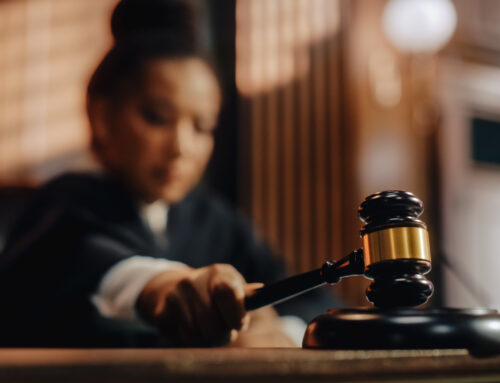Ohio State University’s quarterback, J.T. Barrett, is scheduled to return to the starting lineup for Saturday’s game against Illinois. On Tuesday, November 10th, Barrett was convicted of Operating a Vehicle Under the Influence of Alcohol (OVI) after being cited for OVI at a sobriety checkpoint on October 31st. Barrett was sentenced to a $400 fine, a six (6) month license suspension, and three (3) day driver intervention program.
This incident brings up a couple valid questions. Are sobriety checkpoints constitutional? Could Barrett have avoided the checkpoint? Here’s the scoop:
Sobriety Checkpoints Are Constitutional:
The U.S. Supreme Court upheld the validity of sobriety checkpoints in Michigan v. Sitz, even though the law generally forbids law enforcement officers from stopping drivers unless there is a suspicion that the drivers have violated the law. In the Michigan v. Sitz case, the Court found that the intrusion and inconvenience of to individuals who are stopped is outweighed by the government’s interest in curbing drunk driving.
A Driver Can Avoid a Sobriety Checkpoint:
So long as the driver does not violate any laws, such as making a prohibited U-turn, purposely avoiding a sobriety checkpoint is not illegal and does not constitute justification for stopping the driver.
Sobriety checkpoints are conducted frequently in Ohio. The Ohio State Highway Patrol will be conducting a checkpoint this weekend in Stark County. To avoid an OVI arrest, always designate a sober driver.
If you or someone you know has been arrested for OVI, contact the OVI lawyers at The Martinez Firm immediately. We can be reached at 216-875-5555 24/7.
Contact Us
"*" indicates required fields




